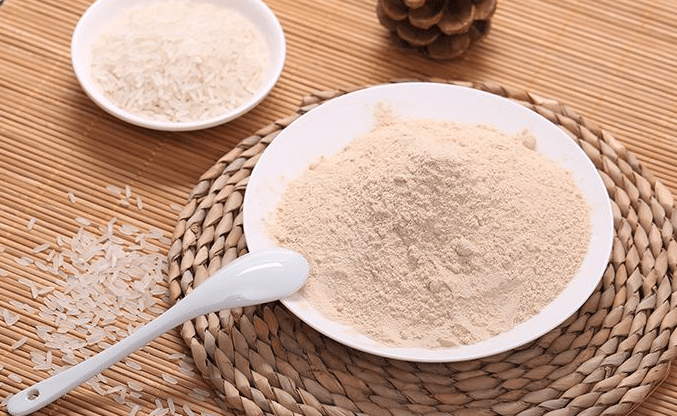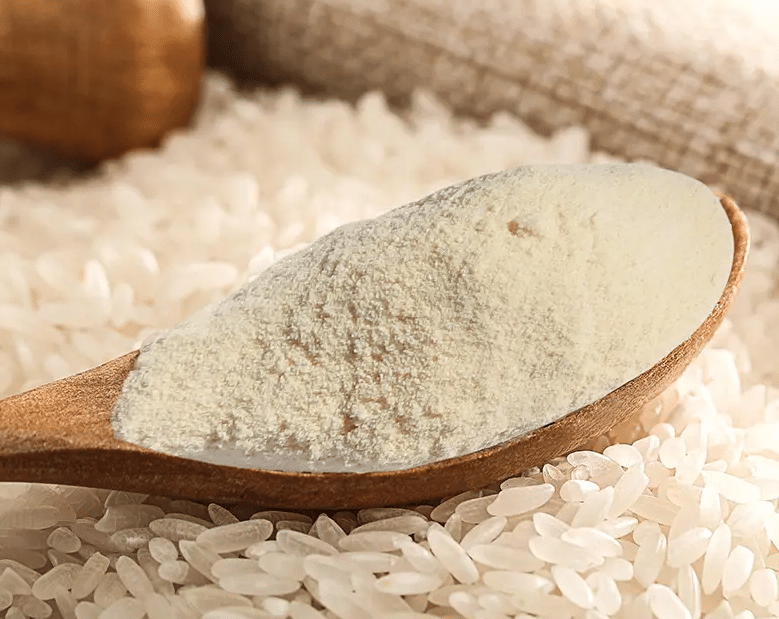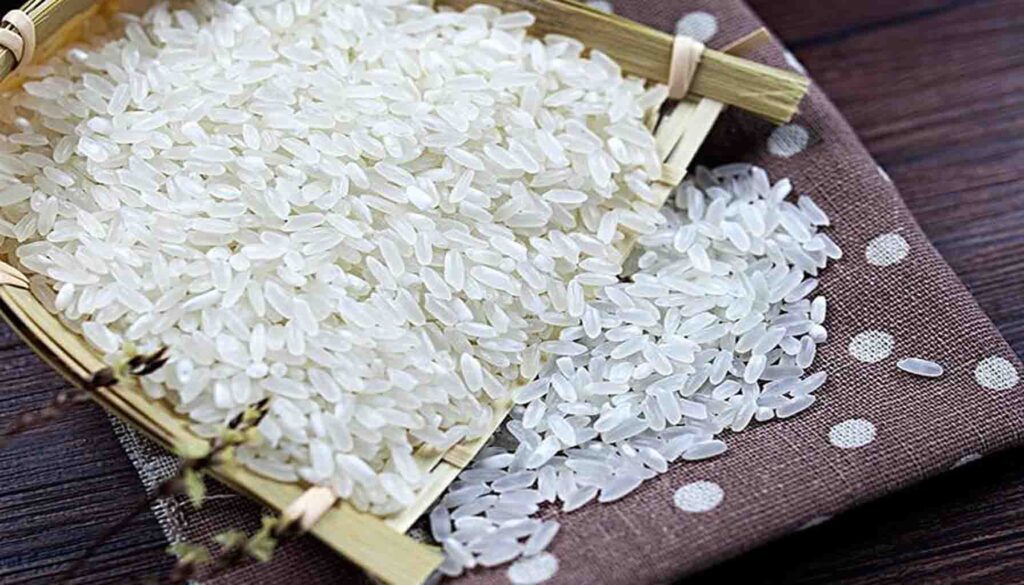Rice Protein Peptide: A Novel Bioactive Peptide
Elevate nutrition with bioactive Rice Protein Peptides. Discover benefits in food, health, and cosmetics. Unlock a healthier lifestyle today!
With the continuous progress of technology, scientists have gained a deeper understanding of the functional properties and bioactivity of food proteins. Rice, as one of the world’s significant sources of grain, possesses protein with rich nutritional value and bioactivity. In recent years, researchers have been dedicated to developing rice protein peptides, a new type of bioactive peptide with broad prospects for application. This article explores the preparation methods, bioactivity, and applications of rice protein peptides in the fields of food, medical, and cosmetic industries.
Preparation Methods of Rice Protein Peptides
The preparation of rice protein peptides primarily involves enzymatic hydrolysis of rice protein. Initially, rice protein is dissolved in water or a buffer solution, followed by the addition of specific enzymes for hydrolysis. By controlling the conditions and duration of hydrolysis, peptide fragments with different molecular weight distributions can be obtained. After purification and drying, these peptide fragments constitute the final rice protein peptide product.
Properties and Nutritional Value of Rice Protein Peptides
Rice protein peptides are a class of small-molecule polypeptide mixtures obtained through the hydrolysis, separation, and purification of rice protein. Comprising amino acid residues linked by peptide bonds, they exhibit a relatively small molecular weight, facilitating easy digestion and absorption.
These peptides boast high nutritional value, containing abundant amino acids, especially essential amino acids such as lysine and methionine. Additionally, rice protein peptides include various trace elements and vitamins like calcium, iron, and vitamin B, rendering them an ideal nutritional supplement.

Bioactivity of Rice Protein Peptides
- Antioxidant Activity: Rice protein peptides demonstrate significant antioxidant activity by scavenging free radicals, thereby attenuating oxidative stress reactions and exerting preventive effects against cardiovascular diseases and cancer.
- Anti-inflammatory Activity: These peptides possess the capability to inhibit inflammatory reactions, thereby exhibiting therapeutic effects on inflammatory diseases such as arthritis and asthma.
- Antibacterial Activity: Rice protein peptides exert inhibitory effects on various bacteria, including Escherichia coli and Staphylococcus aureus, contributing significantly to food safety and preservation.
- Promotion of Wound Healing: Rice protein peptides accelerate the healing of skin wounds, playing a positive role in skin damage repair.

Applications of Rice Protein Peptides in the Food Industry
Due to their excellent nutritional value and biological properties, rice protein peptides hold extensive potential in the food industry. Some key application areas include:
- Functional Foods: Rice protein peptides serve as nutritional enhancers in beverages, dairy products, and bakery items, elevating the nutritional value of products. Additionally, their diverse bioactivities make them suitable for developing functional foods.
- Sports Nutrition Foods: Easily digestible and rich in essential amino acids, rice protein peptides meet the specialized nutritional needs of athletes and individuals engaged in high-intensity physical activities, commonly used in the production of sports nutrition foods.
- Food for the Elderly and Patients: Suitable for consumption by the elderly and patients, especially those with weakened gastrointestinal functions, rice protein peptides, owing to their rich and easily digestible nutritional composition, serve as nutritional supplements.
- Infant and Toddler Foods: Enriched with essential amino acids and various trace elements, rice protein peptides are ideal for inclusion in infant formula milk powder, providing comprehensive and balanced nutrition for infants and toddlers.
- Drug Carriers: Due to their bioactivity and targeting properties, rice protein peptides find application as drug carriers, enhancing the bioavailability and efficacy of drugs.
- Biomaterials: With biocompatibility and degradability, rice protein peptides can be utilized in the preparation of biomaterials, such as tissue engineering scaffold materials.
Elevate Your Nutrition with ETprotein’s Premium Rice Protein Peptides
In conclusion, for those seeking a superior source of bioactive rice protein peptides, we recommend ETprotein. Renowned for its commitment to quality and innovation, ETprotein offers a premium selection of rice protein peptides that align seamlessly with the discussed benefits. Elevate your nutritional journey with ETprotein’s exceptional products, ensuring a blend of science-backed excellence and wholesome well-being. Choose ETprotein and embrace the future of optimal nutrition.
Conclusion
As a novel nutritional supplement, rice protein peptides offer rich nutritional value and favorable biological characteristics. Their wide-ranging applications in the food industry provide new possibilities for various food productions. With ongoing technological advancements and increasing market demand, the research and application of rice protein peptides are poised to deepen, making significant contributions to the advancement of human health.












